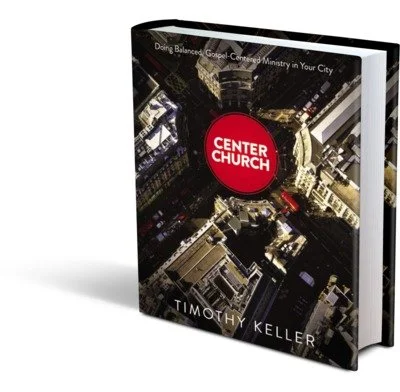After he decided to kick heroin, the young Robert F. Kennedy, Jr., tried to think about daily life in a totally different way.
Rather than trusting his willpower to do the right thing for a whole day, he began dividing each day into 40 or more decisions.
"When the alarm goes off in the morning, do I get immediately out of bed, or do I stay in bed for an extra 20 minutes with my indolent thoughts?", asked Kennedy, speaking to a recent Socrates in the City gathering. "When I reach in the closet and pull out a pair of blue jeans, and all those wire hangers fall on the ground, do I shut the door like I used to and say that I'm too much of a big shot, that's somebody else's job, or do I go in there and clean up my own mess?"
After 14 years of addiction, Kennedy said he tried to act as if each decision was a moral test and God was watching. This was a leap of faith, since his addiction attacked the Catholic faith of his childhood.
This New York City audience – Socrates events focus on "Life, God and other small topics" – knew Kennedy would discuss his independent White House campaign and his edgy views on the environment, vaccines, autism, assassinations and similar topics.
Basic questions would be covered, as with previous guests since 2000 – such as scientist Francis Collins, author Malcolm Gladwell, television legend Dick Cavett, Rabbi Sir Jonathan Sacks of England, Anglican Bishop N.T. Wright and Ambassador Caroline Kennedy, JFK's daughter.
But politics isn't the only reality. Socrates in the City founder and host Eric Metaxas – a conservative Christian radio host and the New York Times bestselling author of "Bonhoeffer," "Miracles" and other books would ask Kennedy about the role of faith in his complicated and controversial life.
"I was never an atheist – ever. I was raised in a deeply religious family, and I integrated that," said Kennedy. "My dad was killed when I was 14. I became a heroin addict when I was 15. ... When you're … living against conscience, which is what happens when you're an addict, you tend to push any kind of notion of God off over the periphery of your horizon."










